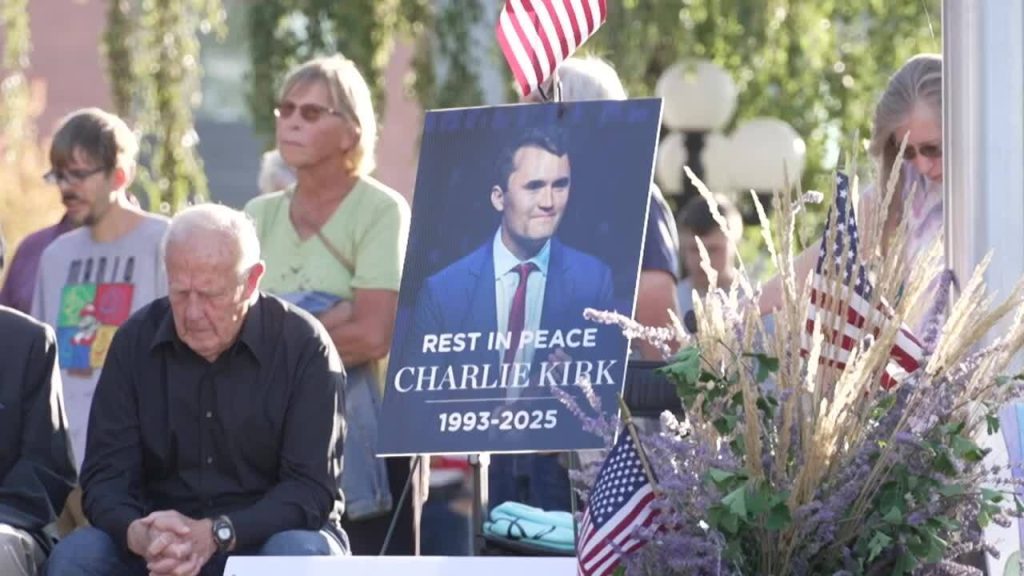In a troubling development that exemplifies the dangerous intersection of violence and misinformation, false claims regarding the identity of the shooter in the recent killing of conservative activist Charlie Kirk have circulated vigorously online. Initial reports suggested that the perpetrator identified as transgender, a narrative that exploded across social media platforms, igniting dangerous stereotypes against the transgender community.
Charlie Kirk was shot and killed during a public debate at Utah Valley University on September 11, 2025. As videos of the shocking incident spread rapidly, so did baseless theories framing the shooter, Tyler Robinson, as part of the transgender community. This pattern of misinformation is not new; it follows a disturbing trend where major shootings are often prematurely linked to transgender individuals, despite statistical evidence demonstrating that they are a minuscule fraction of the perpetrators in such cases.
Data from the Gun Violence Archive (GVA) reveals that transgender individuals account for just 0.1% of mass shootings since 2015. A grim statistic underscores the risks facing the trans community: they are more than four times as likely to experience violence than their cisgender counterparts. In stark contrast to the narrative spun from Kirk’s death, it is evident that the transgender community is disproportionately victimised rather than being presented as active aggressors in violence.
Before any official identification was released about Robinson, claims emerged stating that his ammunition bore pro-trans messages. These allegations were quickly refuted as investigators found the engravings were anti-fascist symbols widely associated with internet meme culture. Moreover, it is significant that the last question Kirk answered prior to being shot concerned the rate of transgender individuals involved in mass shootings, possibly fueling a narrative that now seeks to categorise the trans community as pertinent to acts of violence.
With politicians and commentators jumping to conclusions before proper investigations take place, it has become increasingly common to see disinformation surface during crises. The aftermath of such incidents often leads to devastating misinformation campaigns, as seen in previous mass shootings such as those in Uvalde, Texas and Philadelphia, where individuals not identified as transgender were erroneously claimed to be part of the community.
Political rhetoric has played a substantial role in amplifying this misinformation. Recent statements from political figures—like Republican Rep. Ronny Jackson—expressing fears about the purported ‘virus’ of trans individuals engaging in violence create an environment ripe for prejudice and fearmongering.
The Trump administration has systematically targeted transgender rights, adding fuel to an already hostile climate. A narrative suggesting an uptick in transgender shooters serves to further marginalise an already vulnerable demographic. Imara Jones, CEO of TransLash Media, articulated that this disinformation serves to incite hostility and estrangement towards the trans community, branding it as a “drumbeat for getting the country’s bloodlust up for trans people.”
In the wake of Kirk’s murder, Robinson has been charged with aggravated murder, with authorities alleging that his actions may have been driven by ideological antipathy towards Kirk’s outspoken views. Wilson’s texts to a roommate revealed sentiments that underscore a personal vendetta linked to Kirk’s political rhetoric. Notably, the trans identity of Robinson’s roommate allegedly highlights a complex mix of personal and political motivations behind the tragedy.
With Kirk’s funeral scheduled for September 21, 2025, attended by prominent figures including former President Donald Trump, the realities of this shooting will likely continue to shape national discussions about violence, politics, and social issues.
